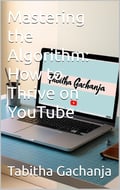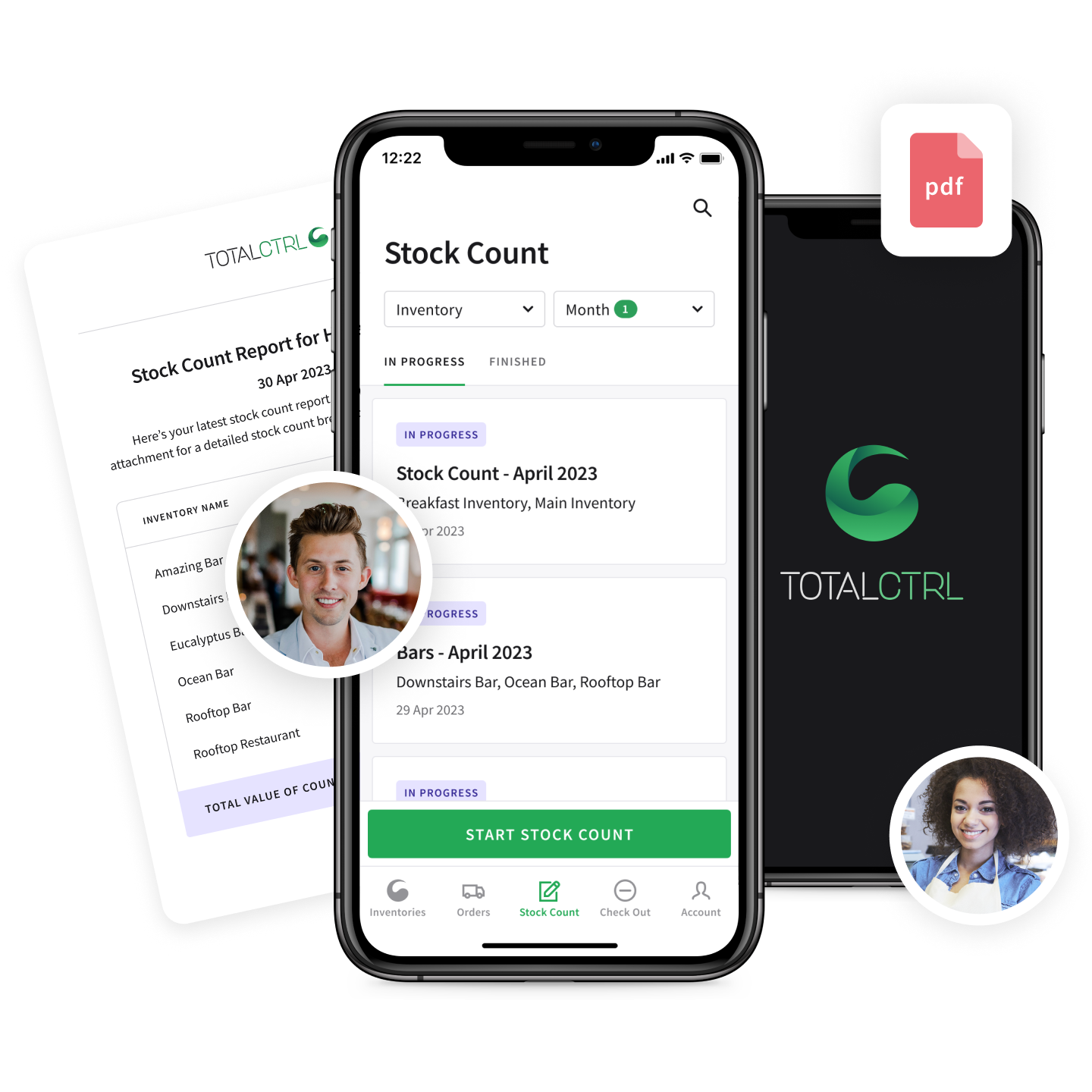In every language, connecting ideas smoothly and clearly is essential for effective communication. In English, conjunctions are the tools that link words, phrases, or clauses together, creating sentences that flow logically and sound natural. Without conjunctions, our speech and writing would be a series of choppy, disconnected fragments.
This article provides a clear and thorough explanation of what conjunctions are, the different types of conjunctions, and how to use them correctly. Whether you are a student, professional, or language enthusiast, understanding conjunctions will significantly enhance your ability to write and speak with coherence and sophistication.
What Is a Conjunction?
A conjunction is a word used to connect two or more elements within a sentence. These elements can be:
-
Words
-
Phrases
-
Clauses
Conjunctions help create relationships between ideas, showing how they relate to each other in terms of addition, contrast, choice, cause, or condition.
Types of Conjunctions
There are three main types of conjunctions in English:
1. Coordinating Conjunctions
Coordinating conjunctions join elements that are grammatically equal—two words, two phrases, or two independent clauses of equal importance.
The most common coordinating conjunctions can be remembered with the acronym FANBOYS:
-
For (reason)
-
And (addition)
-
Nor (negation)
-
But (contrast)
-
Or (choice)
-
Yet (contrast or unexpected result)
-
So (result)
Examples:
-
I wanted to go for a walk, but it started raining.
-
She likes coffee and tea.
-
You can have cake or ice cream.
2. Subordinating Conjunctions
Subordinating conjunctions introduce a dependent clause (a clause that cannot stand alone) and connect it to an independent clause. They express relationships such as time, cause, condition, contrast, and purpose.
Common subordinating conjunctions include:
-
Because, since, as (cause)
-
Although, though, even though (contrast)
-
If, unless (condition)
-
When, while, after, before (time)
-
So that, in order that (purpose)
Examples:
-
I stayed home because I was feeling ill.
-
Although it was raining, we went hiking.
-
She will call you if she arrives early.
3. Correlative Conjunctions
Correlative conjunctions work in pairs to connect balanced words, phrases, or clauses. They function similarly to coordinating conjunctions but always appear in pairs.
Common pairs include:
-
Either...or
-
Neither...nor
-
Both...and
-
Not only...but also
-
Whether...or
Examples:
-
You can either come with us or stay home.
-
Both the manager and the assistant were present.
-
She is not only intelligent but also hardworking.
How Are Conjunctions Used?
Connecting Words
Conjunctions connect single words, such as nouns, verbs, adjectives, or adverbs.
-
She bought apples and oranges.
-
He runs fast but carefully.
Connecting Phrases
Phrases are groups of words without a subject and verb. Conjunctions link phrases to expand or contrast ideas.
-
They plan to visit during the summer or after the holidays.
-
We enjoy hiking in the mountains and by the lake.
Connecting Clauses
Clauses contain a subject and verb. Conjunctions can connect independent clauses (each can stand alone) or link dependent clauses to independent ones.
-
She called me, and I answered immediately. (two independent clauses)
-
I will join you if I finish my work early. (dependent + independent clause)
Punctuation with Conjunctions
Coordinating Conjunctions
When joining two independent clauses with a coordinating conjunction, use a comma before the conjunction:
-
I wanted to leave early, but the meeting lasted longer.
If the conjunction connects words or phrases (not independent clauses), no comma is needed:
-
We need bread and milk.
Subordinating Conjunctions
When a sentence begins with a dependent clause introduced by a subordinating conjunction, place a comma after the clause:
-
Although it was cold, we went for a walk.
When the dependent clause follows the independent clause, no comma is needed:
-
We went for a walk although it was cold.
Common Mistakes to Avoid with Conjunctions
1. Comma Splices
A comma splice happens when two independent clauses are joined only by a comma without a coordinating conjunction.
Incorrect:
-
I like tea, I don’t like coffee.
Correct:
-
I like tea, but I don’t like coffee.
-
I like tea. I don’t like coffee.
2. Overusing Conjunctions
Starting too many sentences with conjunctions like “and” or “but” can make writing seem informal or repetitive. Use them purposefully to maintain flow but avoid overuse.
3. Confusing Correlative Pairs
Make sure to use correlative conjunctions in pairs and balance the elements they connect.
Incorrect:
-
She is both smart and hardworking, but not only.
Correct:
-
She is not only smart but also hardworking.
Why Are Conjunctions Important?
Conjunctions are essential because they:
-
Create cohesion: They help sentences connect smoothly and logically.
-
Show relationships: They clarify how ideas relate, such as cause and effect or contrast.
-
Improve readability: Proper use makes texts easier to read and understand.
-
Enhance complexity: They allow writers to combine ideas effectively, avoiding choppy, repetitive sentences.
Conclusion
Conjunctions may seem like small words, but they perform a big job in English grammar. They connect words, phrases, and clauses to create sentences that are clear, coherent, and engaging. By understanding the different types of conjunctions—coordinating, subordinating, and correlative—and how to use them correctly, you can greatly improve your writing and communication skills.
Mastering conjunctions will enable you to express complex ideas smoothly, making your writing more professional and enjoyable for readers worldwide.


















0 comments:
Post a Comment
We value your voice! Drop a comment to share your thoughts, ask a question, or start a meaningful discussion. Be kind, be respectful, and let’s chat!